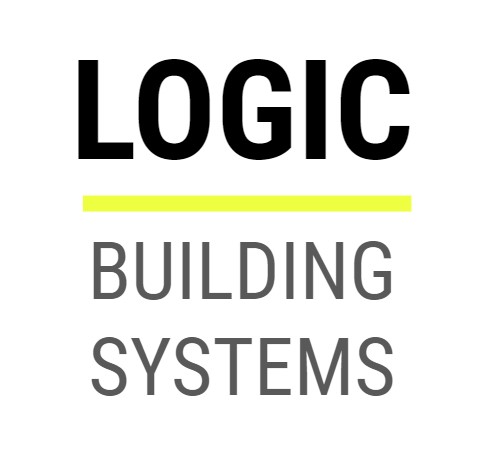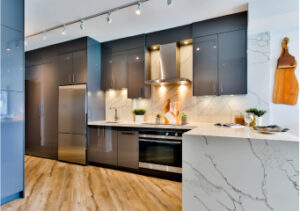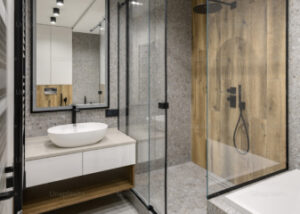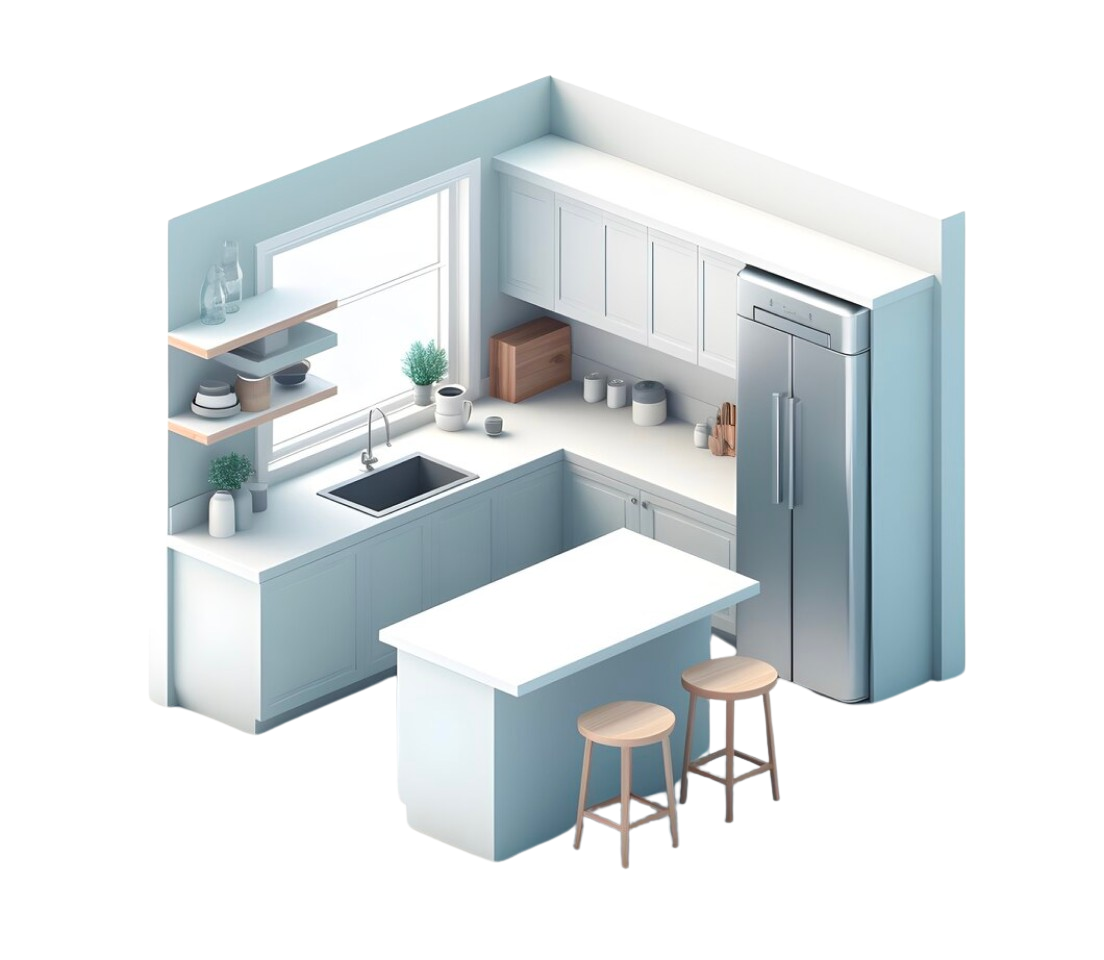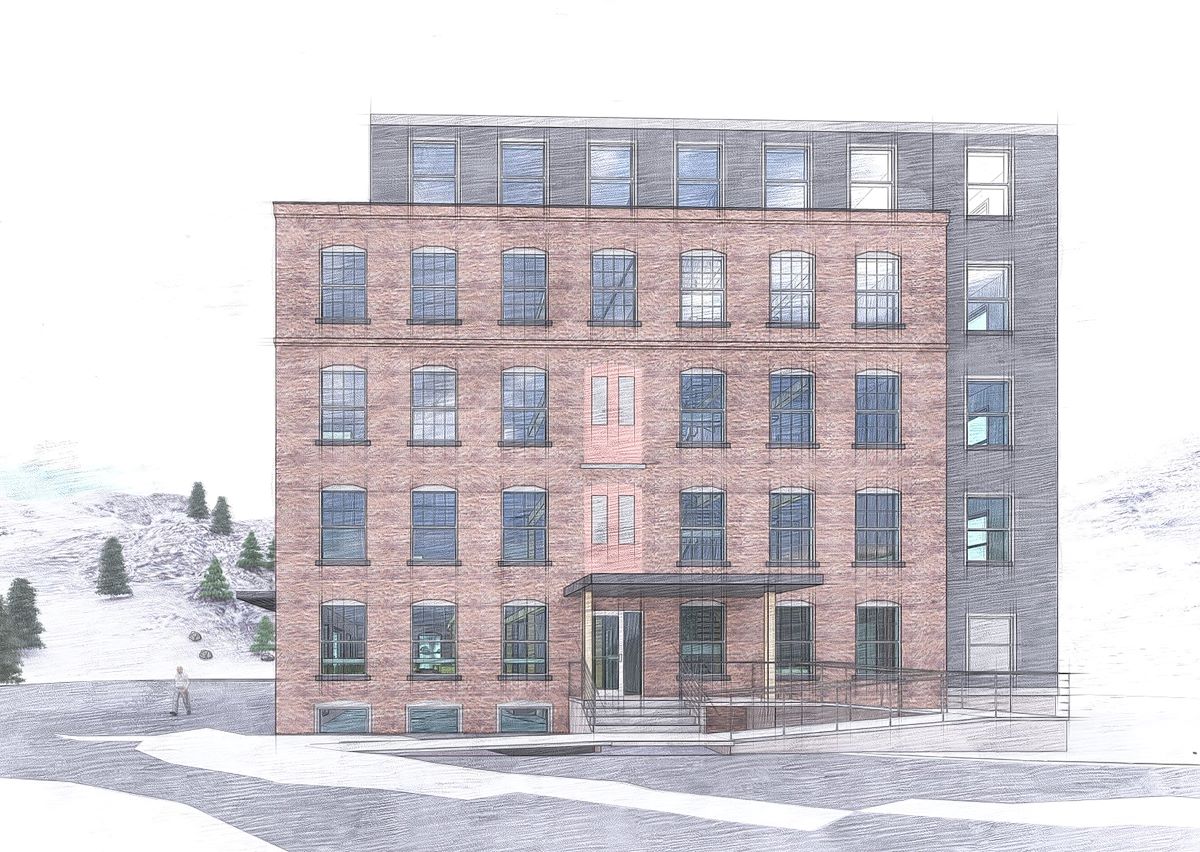
As the world confronts the dual challenges of rapid urbanization and climate change, the construction industry must evolve. Modular building offers a compelling alternative, combining efficiency, sustainability, and scalability, unlike traditional building methods which are known for their inefficiency and environmental impact. By embracing modular construction, the industry can meet the demands of a growing population while drastically reducing its ecological footprint.
Rethinking Traditional Construction
Conventional construction processes are often wasteful and resource-intensive. Materials are cut, measured, and assembled on-site, leading to inefficiencies, errors, and significant waste. This method requires extensive transportation of materials and labor, which increases emissions and project costs. The reliance on multiple trades working sequentially also leads to delays and a lack of predictability in project timelines. As global demand for housing and infrastructure rises, these outdated practices are becoming increasingly unsustainable.
The Modular Advantage
Modular construction represents a major shift by relocating much of the building process to a controlled factory environment. Building components, such as walls, floors, and entire rooms, are prefabricated to precise specifications and assembled onsite in a fraction of the time. This approach streamlines logistics, reduces material waste, and minimizes on-site disruption.
The modular method also enables greater quality control, as components are built under consistent conditions with advanced manufacturing techniques. Standardized processes ensure precision, and modules can be customized to meet the aesthetic and functional requirements of any project. By optimizing the construction process, modular building not only saves time and money but also sets a new standard for sustainability in the industry.
Reducing Environmental Impact
The environmental benefits of modular building are transformative. By building everything in a warehouse, material waste is significantly reduced. Waste that is generated can be recycled more easily in a factory setting, further minimizing its impact. The modular approach also reduces the carbon footprint of a project by consolidating material deliveries and lowering on-site emissions.
Energy efficiency is another hallmark of modular construction. Factory-built components can incorporate advanced insulation, energy-efficient windows, and sustainable materials, ensuring that buildings perform better over their lifespans. These features not only lower energy costs for occupants but also contribute to global efforts to reduce greenhouse gas emissions.
Accelerating the Path to Net-Zero
As governments and industries commit to achieving net-zero carbon emissions, modular building offers a scalable solution. The controlled factory environment allows for the integration of cutting-edge sustainable technologies, such as renewable energy systems and carbon-neutral materials. Modular construction also facilitates the reuse and recycling of building components, supporting the principles of a circular economy.
Moreover, the speed of modular construction accelerates the delivery of green buildings. By reducing construction timelines by up to 50 percent, modular projects can quickly address the urgent need for sustainable infrastructure in cities worldwide. These efficiencies position modular building as a key enabler of net-zero targets.
A Sustainable Future with Modular Construction
The promise of modular construction extends beyond its environmental benefits. It represents a shift toward smarter, more efficient, and more resilient building practices. By reducing waste, lowering emissions, and integrating sustainability into every phase of construction, modular methods offer a blueprint for the future of building.
As the global population grows and urbanizes, the demand for sustainable solutions will only intensify. Modular building provides a practical and forward-thinking response to these challenges, balancing the needs of the present with the responsibility to future generations. With its ability to transform the construction industry, modular building is not just an alternative but it’s the future of sustainable construction.
